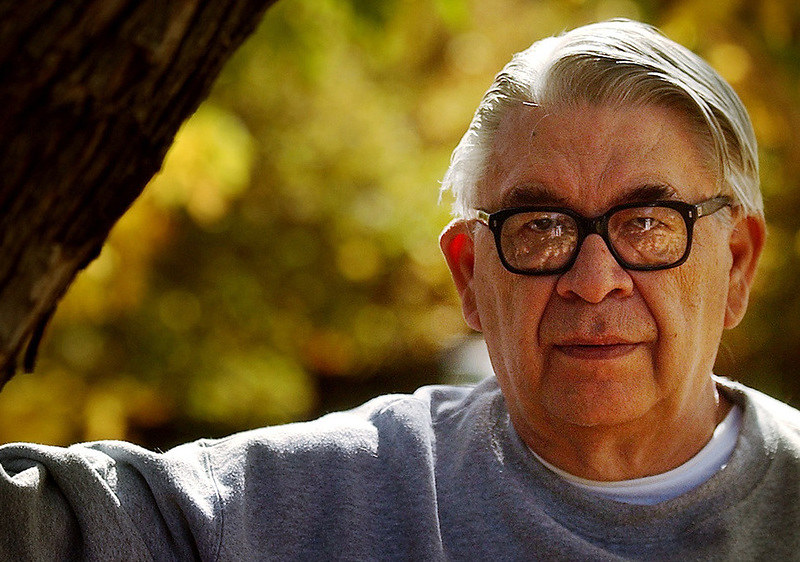Deloria, Vine, Jr.

Vine Deloria Jr. (1933–2005) – Standing Rock Sioux and Santee Dakota; professor emeritus of history and religious studies at the University of Colorado in Boulder. Among Deloria’s many important publications are Custer Died for Your Sins: An Indian Manifesto (1969), God Is Red (1973), American Indians, American Justice (1983), For This Land (1999), and Singing for a Spirit: A Portrait of the Dakota Sioux (2000). A collection of his writings is available as Spirit and Reason: The Vine Deloria, Jr., Reader (1999). In Singing for a Spirit, Deloria rewrites his family history, including material rejected and disorganized by Sarah Olden in The People of Tipi Sapa (1918). This includes the initiation and work of Deloria’s medicine man great-grandfather, Saswe, who became an Episcopalian Christian in 1873, three years before his death. Not only does his account offer an insight into the initiation and role of holy people among the Yankton (Dakota) in the late 19th century but it also casts light on the adoption of Christianity among indigenous people, including their shamans. Deloria argues that his people “adopted the hymns rather than the doctrines of Christianity” and that the new religion aided their transition into the new life of reservation confinement. Here and in a foreword to the 1979 edition of Black Elk Speaks, Deloria provides an explanation for the full participation of Nicholas Black Elk and other holy people in publishing their life stories: at the “right time,” these early-20th-century books would aid “traditionalists” in disseminating their traditional practice among another generation making yet another cultural transition and reasserting autonomy and agency. He regularly notes the easy coexistence of indigenous forms of Christianity and the continuance of traditional knowledge and at least some practices, especially in noting his family’s intimate relationship with other-than-human persons, for example, the Thunders. Deloria’s writings also contain fierce criticisms of EuroAmerican engagements with Native Americans, including the appropriation of spiritual traditions and their commoditization by “plastic medicine men” and their clients who “treat the world like a spiritual delicatessen.”
SOURCE:
Historical Dictionary of Shamanism by Graham Harvey and Robert J. Wallis 2007